Say Hello!
Sign In
- Experts Opinion
Why Non-Veg food is not good on a high-altitude trek?
Starting from scratch, first of all, we need to understand the basic meaning of a trek. In simple words, a trek is an arduous journey that is made on foot usually over mountains or hills. It must be now clear that during a trek, there are gradual changes around our surrounding such as the variation in elevation which accounts for the change in temperature and atmospheric pressure in the vicinity. These changes have a profound impact on our bodies which needs to be taken care of in order to complete a successful trek. One of the major issues that need to be addressed is the choice of the right foodstuff during a trek to a highly elevated place. A trekking experience is one of the most beautiful experiences one can be a part of and it will be unfair if it gets ruined due to something that is as mere as consumption of preserved non-vegetarian foodstuffs. Therefore, every individual who craves for a splendid trek experience must be certainly aware of some of the major prevention constraint during a trek.
The things that we will focus on this article is :
- How does a change in elevation or altitude of a place affects our digestion in the body?
- Why is the consumption of non-vegetarian food proves out to be dangerous and unhealthy during a high altitude trek?
- If we are not supposed to consume non-vegetarian foodstuffs, then what are the things that we should eat during a trek?
We can answer all of the above queries with the help of science and nutrition. For a successful trek, nutrition and food intake play a vital role. So, it is mandatory for every trekker or at least the trek leader to have a piece of substantial knowledge in the field of nutrition. The term 'Altitude Sickness' can sometimes occur due to a result of the improper consumption of food. Along with the studies of various nutrition experts, we can advance to a conclusion and provide you with the answers to all the above-listed questions.
- How does a change in elevation or altitude of a place affects our digestion in the body?
- Why does the consumption of non-vegetarian food prove out to be dangerous and unhealthy during a high altitude trek?
- If we are not supposed to consume non-vegetarian foodstuffs then what are the things that we should eat during a trek?
The human body is designed in such a way that we intake oxygen from the environment and exhale carbon dioxide into the environment. Thus, there is a hefty amount of carbon dioxide gas dissolved in our bloodstreams. From the general science involving the gas laws, we know that pressure is inversely proportional to the elevation or altitude which means whenever there is an increase in altitude, there is a decrease in pressure and vice-versa. Hence, during a trek, the atmospheric pressure of the surrounding starts to fall gradually as we keep on ascending the elevated destination. This results in the exclusion of carbon dioxide gas that is dissolved in the bloodstream. Therefore the gas tends to diffuse in our intestine making our stomach expand. This causes food intolerance in our stomach and other irritation syndromes which ultimately results in bad digestion. At a high elevation, our digestive system tends to suffer from natural stress than at normal sea level due to which it requires extra care to cope up with the changes.
In short and scientific terms, we experience High-Altitude Flatulence Expansion ( HAFE ) which occurs due to the rapid diffusion of gases outside our intestine as a result of pressure differences at high altitudes.
According to nutrition science, a person having an average weight of approximately 130 pounds lose around 400 calories every hour at a high altitude depending upon the elevation from the mean sea level. To replenish this calorie loss, an individual needs food that can provide a lot of instant energy in order to get along with the physical demands of the trek. This is why it is advised to take meals that are rich in carbohydrates. A rich carbohydrate diet is very useful for sustaining energy and proper acclimatization in the mountains. Protein intake should be minimal during a trek because your digestive system is already under stress and the breaking of protein will take a longer period of time which can ultimately cut down some energy as well.
Non-vegetarian foodstuffs are substantially rich in protein and now it must be clear that it becomes very difficult for the digestive system to accumulate the non-vegetarian foodstuffs in our body. The breaking down of these high protein foodstuffs takes a lot of time and in the meanwhile, it ends up providing extra stress on our digestive system. This extra amount of stress exerted on our digestive system can lead to High-Altitude Flatulence Expansion ( HAFE ) and other stomach irritations in our body.
We saw that non-vegetarian foodstuffs are immensely rich in protein. So we should not consume these kinds of food during treks. But we still require protein in our diet because it helps in replenishing and building the muscle fibers that break down continuously during a trek. The right kind of protein includes soybean and chickpeas which can provide the required protein in the body for proper functioning during a trek.
The correct diet plan for a trek has an inclusion of carbohydrates in the morning such as corn flakes along with milk or chapatis. For lunch and dinner, it is advised to have a carbohydrate-protein ratio of 3:1 to achieve an optimum amount of energy for the trek. Foodstuffs containing fats must be minimized because it ends up causing fatigue in the body. We can have potatoes, various kinds of noodles and pasta, cheese and oats for lunch and dinner. Fruits and vegetables are very useful but one should make sure that they are washed in an iodine or vinegar solution before consumption so that people don't end up getting sick. Protein bars also come in handy in such situations if you feel hungry at an appropriate point of time during a trek. At a high altitude, the liquid necessity of our body increases several folds due to acclimatization. Hence, along with all the foods we need to consume a sufficient amount of liquids. This serves as the basic prevention of altitude sickness.
Summing it up, the consumption of protein and the amount associated with it must be properly regulated. The saying "Prevention is always better than cure" proves out to be very legit when it comes to eating habits on a high altitude trek. An incorrect diet on such a trek can cause sickness to even the fittest individual and ruin the magnificence of the trek. Abstain yourself from the consumption of non-vegetarian food in such a high altitude trek. Don't upset your stomach by giving it more stress or else it might end up upsetting your trekking experience. You should remember that in order to gain something, you have to forego something. The foremost priority in a trek should be enjoying the elegance of nature rather than focus on something such as the consumption of delicious food items. Therefore, resist your urges to eat your beloved foods for some days and follow the guidelines of nutrition science in order to achieve a successful trekking experience.

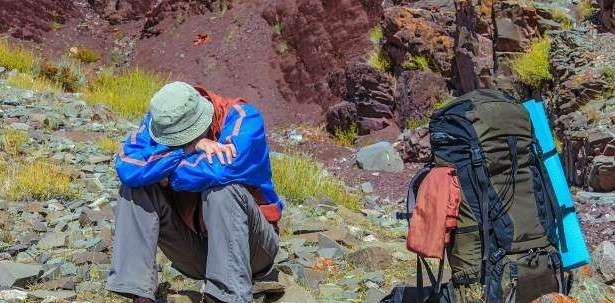
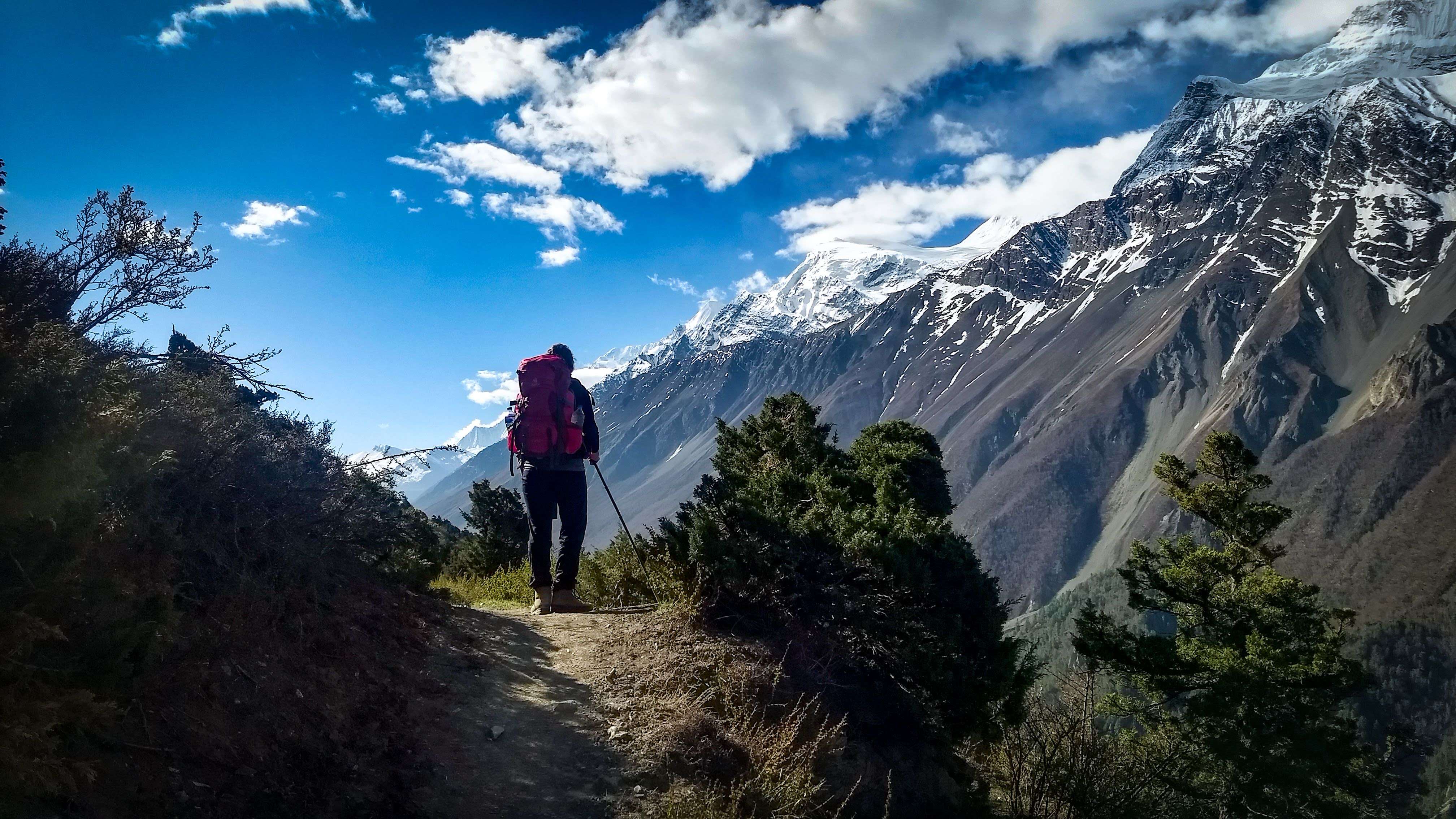
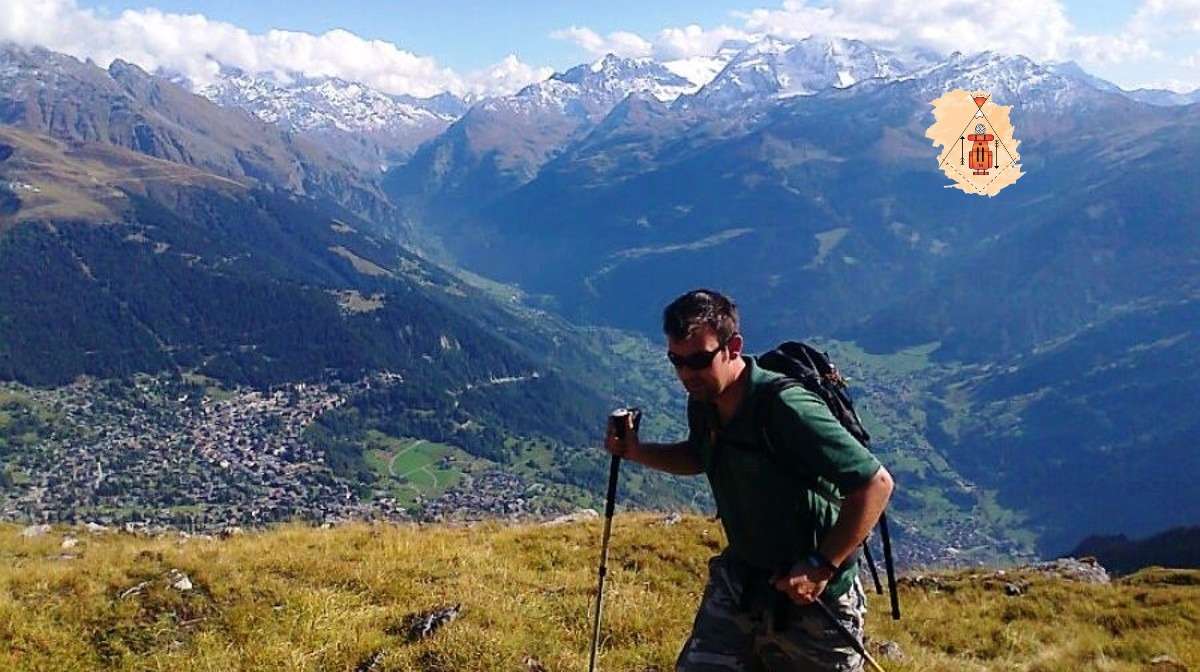
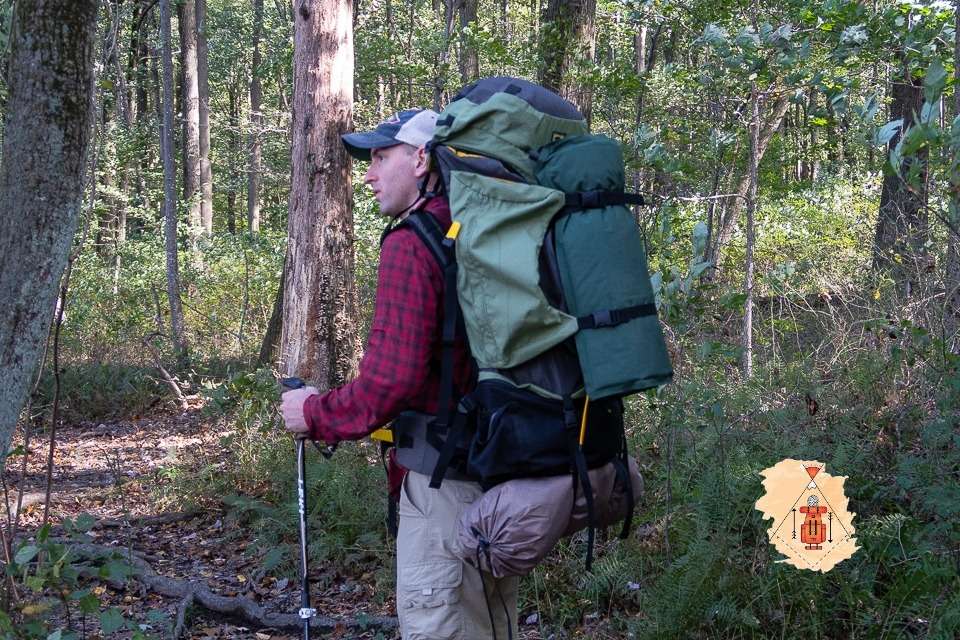
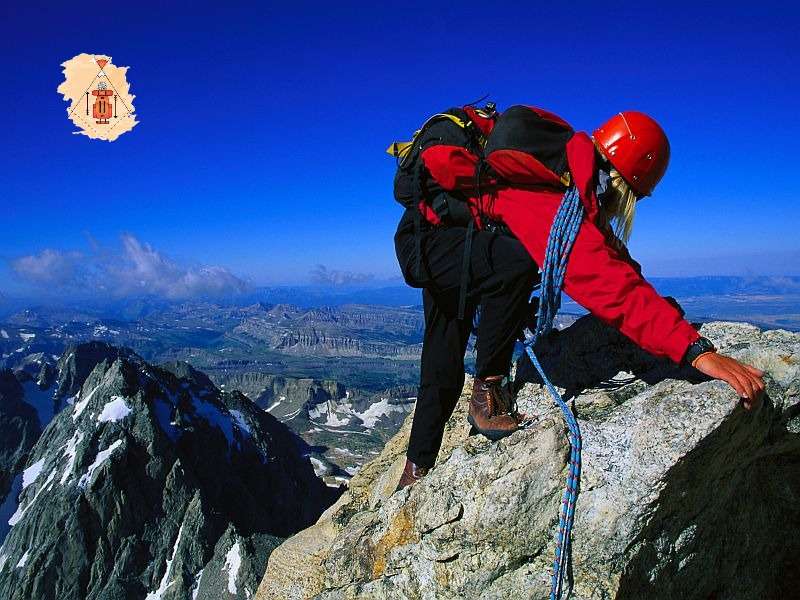
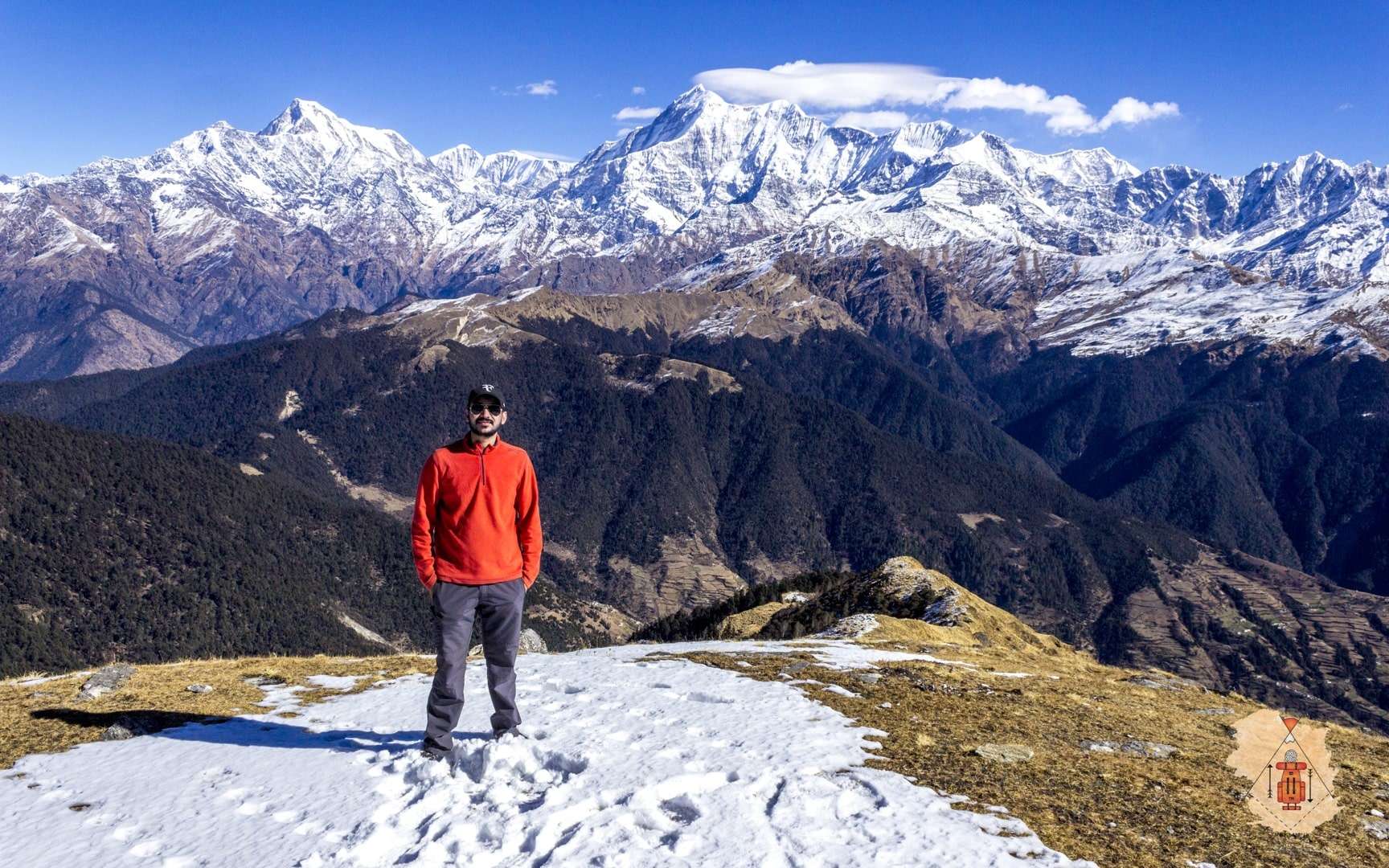
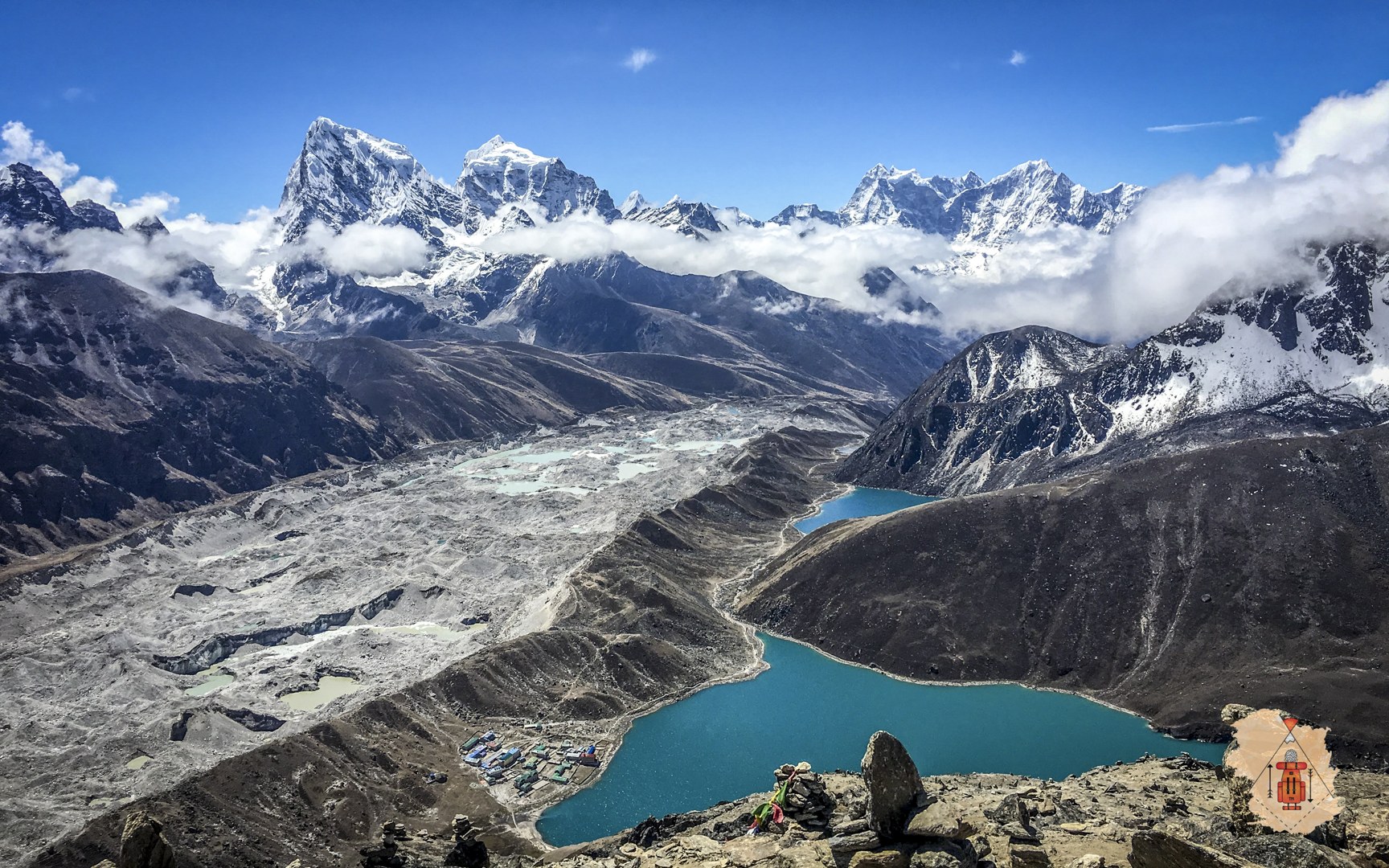
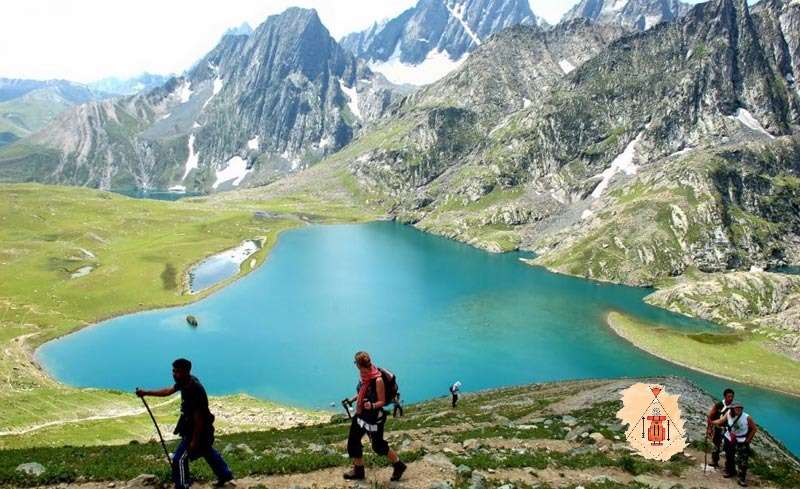
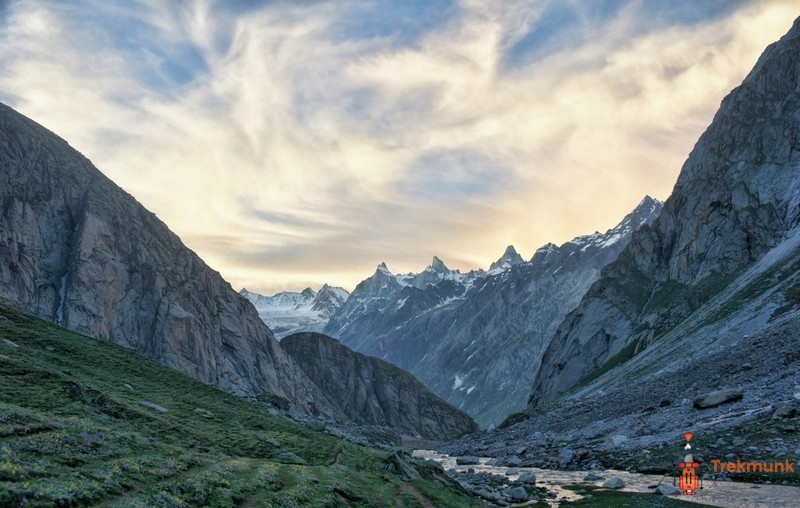
Harshit Patel : Co-Founder at Trekmunk. A certified Mountaineer, Skiier, has led more than 50 high altitude treks in the Indian Himalayas. He is an Engineer by profession but a traveler by passion. He has led treks in Kashmir, Ladakh, Uttarakhand, Himachal Pradesh, West Bengal, Sikkim and Nepal. He is a NOLS certified First Aid Responder and has covered 185,000+ km on Motorcycle. A Poet, Drone Pilot and Videographer at Insane Traveller Productions.